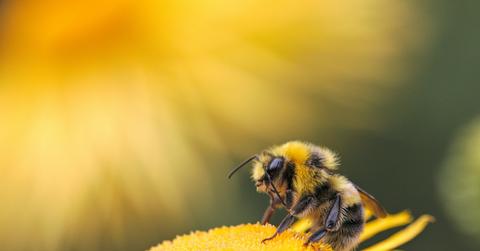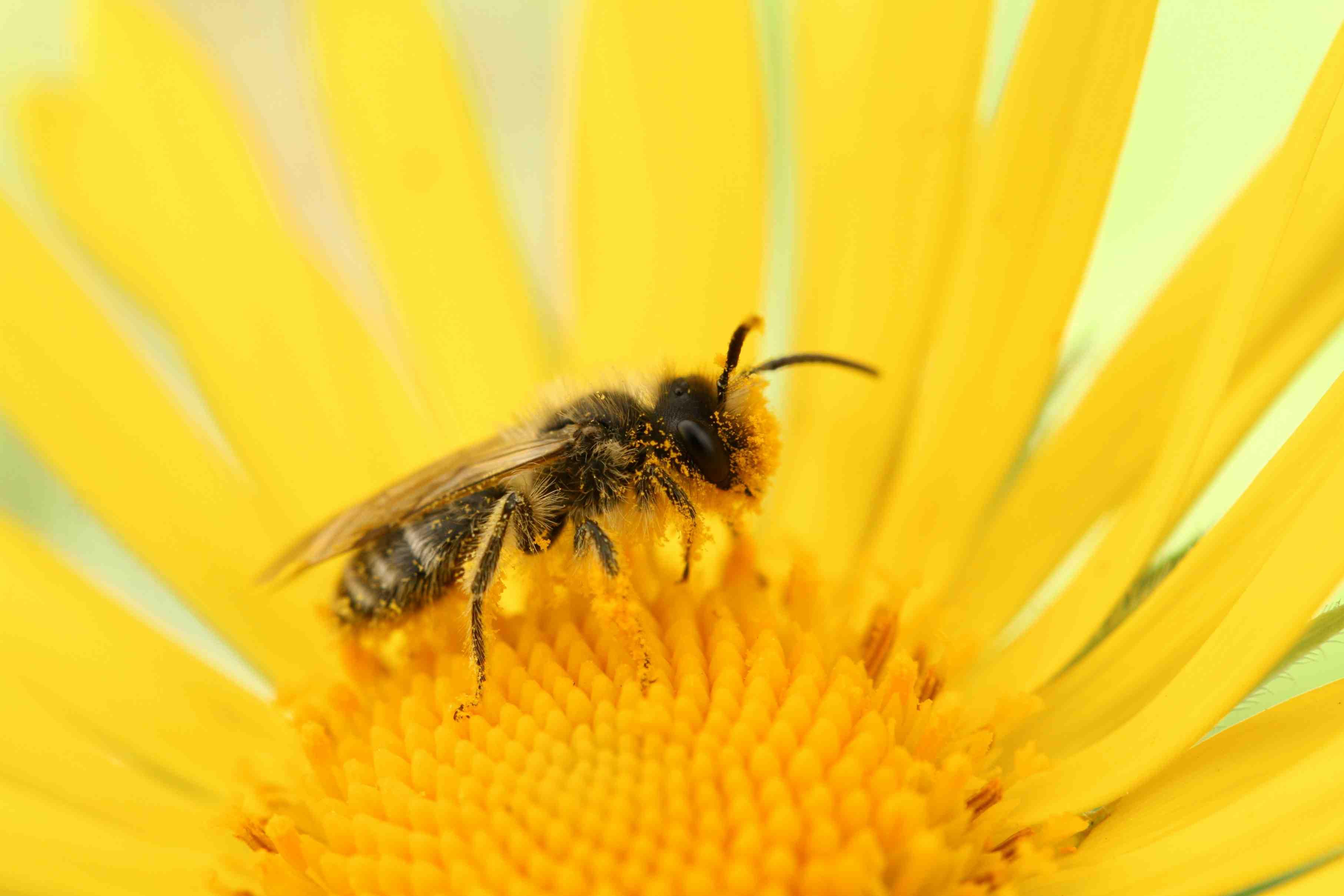"Important Progress" Made in Studying Bee Venom To Cure This Type of Cancer
Honeybee venom could one day be used to kill breast cancer cells.
Published Aug. 5 2025, 12:11 p.m. ET

Whenever scientists achieve a greater understanding of the causes of cancer, as well as the hope that some lifestyle changes may aid in preventing certain types of cancer, we must collectively pay attention to these advances. If we learn, for example, that abstaining from certain things may aid in preventing cancer, or that consumption of some things may help in mitigating cancer, the world benefits.
The latest research that honeybee venom may help cure cancer, then, is incredibly promising.
At a time when so many honeybees are dying, why are scientists studying them, in particular? Can bee venom actually cure cancer, and how certain are researchers that this could be true?
Below, we explore the latest research on honeybee venom and how it reacts to one particular type of cancer cell, to help you learn more about this innovative, extraordinary idea.

Does bee venom cure cancer?
As of now, it's impossible to say with complete certainty that bee venom will absolutely eradicate cancer cells 100% of the time. However, according to researchers at the Epigenetics Lab at the Harry Perkins Institute of Medical Research, "venom from honeybees could be used to kill aggressive breast cancer cells, without harming healthy cells," per Newsweek.
Since 2020, the researchers have been investigating the therapeutic benefit of honeybee venom to eradicate breast cancer cells, and today, the team is exploring a form of melittin injected into the bloodstream in preclinical trials.
Melittin is a compound found in honeybee venom, which postdoctoral researcher Dr. Edina Wang told Newsweek works by "punching holes on the cell membrane."
The bee's venom was most effective at treating aggressive breast cancer cells.
"With just one injection, we observed cancer cell death within six hours and the therapeutic effect lasting for up to a week," Dr. Wang said. "This is significant because melittin alone is highly toxic and can damage healthy tissues if not carefully controlled."
While the main compound of honeybee venom is being studied for its efficacy, Dr. Wang noted that the entirety of the bee's venom was most effective at treating aggressive breast cancer cells.
"We're still exploring how that works, but it's a promising direction," Dr. Wang said, while also explaining that the entirety of the bee's venom cannot be used directly because of its "allergenic and toxic components" that make it unsafe to use. As a result, the team is exploring which compounds may be used in conjunction with the melittin, or at least which compounds may amplify the melittin's efficacy.
"By adding specialized components to melittin, we've improved its precision, allowing it to home directly to tumor sites and effectively kill cancer cells while sparing healthy ones," Dr. Wang said, via Newsweek.
Ultimately, if Dr. Wang and the team is to be believed, the future is extremely promising when considering the utterly devastating impact that breast cancer has had on society.
"Targeted melittin [not only showed] strong anticancer effects causing cancer cell death within hours and lasting for days, but was also effective in facilitating the delivery of complex proteins and molecular cargoes that normally have poor ability to penetrate tumors, enhancing overall antitumor activity," Dr. Wang said.